Adderall for depression can actually help you feel better?
Depression can affect your energy, motivation and concentration. For some people, those symptoms may overlap with attention deficits and can make it much harder to be productive or emotionally stable.
That brings up the interesting question: can Adderall, a stimulant that is typically prescribed for someone with ADHD, help improve mood and motivation?
It is important to understand the relationship between Adderall and depression. While it can improve focus and energy, it is not a cure for depression.
Our mission at Ballem Harmony Clinic is to help patients identify safe and effective options to help address depression, anxiety, and ADHD.
What Is Adderall?
Adderall is a medication that a doctor prescribes which impacts the chemicals in the brain related to hyperactivity.
How Adderall Works
- It helps increase levels of dopamine in the brain.
- Regulates attention, focus, and alertness.
- Person feels more energy, their ability to concentrate may improve.
Can Adderall Treat Depression?
Adderall for depression may be prescribed by some doctors, particularly for treatment-resistant depression.
Adderall may be helpful when traditional medications don’t work. Nonetheless, it is not a treatment for the underlying depression condition.
How Adderall Affects Mood and Energy
Adderall depression effects vary depending on individual brain chemistry.
Positive Effects
- Boosts dopamine levels temporarily
- Increases concentration and task performance
- Enhances alertness
Negative Effects
- Can cause anxiety or restlessness
- May lead to emotional crashes
- Risk of dependency or tolerance
If misused, Adderall for depression may cause mood instability, making symptoms worse in the long run.
Is Adderall an Antidepressant?
Adderall is not an antidepressant. Adderall primarily increases dopamine.
| Feature | Adderall | Antidepressants |
| Main Action | Stimulates dopamine and norepinephrine | Regulates serotonin and mood stability |
| Onset | Works within hours | Takes weeks to show results |
| Duration | Short-term boost | Long-term treatment |
| Risks | Dependence, anxiety, insomnia | Side effects vary, less addictive |
Adderall and Anxiety
Taking Adderall and anxiety medication together must be carefully monitored by a healthcare provider.
How to Get Rid of Anxiety from Adderall
If you feel anxious after taking Adderall,
- Avoid caffeine
- Stay hydrated
- Eat balanced meals.
- Practice deep breathing.
- Consult your doctor for possible dosage adjustment
Will Adderall Help with Depression?
Although Adderall for depression can provide short-term boosts in energy. This is not a long-term solution.
In rare cases, your doctors may prescribe it as augmentation therapy alongside with an antidepressant.
Is Adderall a mood stabilizer?
It provides a transient mood boost, but it doesn’t carry the properties to regulate serotonin which is necessary for stabilization of mood.
In patients with bipolar or mood disorders, Adderall can worsen their symptoms as a result of overstimulation and overstimulating properties.
What Happens When Adderall Wears Off?
When the drug wears off, users often feel a “crash,” including:
- Low mood or irritability
- Fatigue and lack of motivation
- Increased depression symptoms
This pattern can create a dependency cycle, where individuals feel they “need” Adderall to treat depression, worsening emotional stability over time.
Side Effects of Adderall in Depression Treatment
While Adderall uses include energy improvement, potential side effects include:
- Increased heart rate and blood pressure
- Insomnia or restlessness
- Loss of appetite
- Anxiety or irritability
- Emotional “crashes” once the dose has worn off
Pros of Using Adderall for Depression:
- Increases motivation and focus
- Helpful for treatment-resistant depression
- May reduce fatigue temporarily
Cons:
- Risk of addiction or misuse
- Worsens anxiety for some users
- Not effective as a standalone treatment
When to Talk to Your Doctor
You should be seen by a physician if:
- Your treatment from your depression medications is not working
- You are feeling tired and unmotivated
- You were given a diagnosis of ADHD along with depression
- You are feeling anxious after taking Adderall
Conclusion
Can Adderall help with depression?
It depends on your particular circumstances. For some, it may provide short-term stimulation and concentration; for others, it can aggravate anxiety or mood instability.
Adderall for depression should never serve as a substitute for antidepressants or therapy. It should only be used with treatment and under supervision.
If you’re struggling with low motivation, fatigue, or focus issues, consult Ballem Harmony Clinic. The goal isn’t just temporary relief but lasting wellness and stability.
FAQs
Can Adderall be safely used for depression?
Possible, however this should only be used with supervision and typically in conjunction with antidepressants.
Will Adderall increase depression?
For some people yes – after the effects wear off.
Can Adderall help with depression and anxiety at the same time?
While it could help with concentration, it will often raise anxiety levels, so proceed with caution.

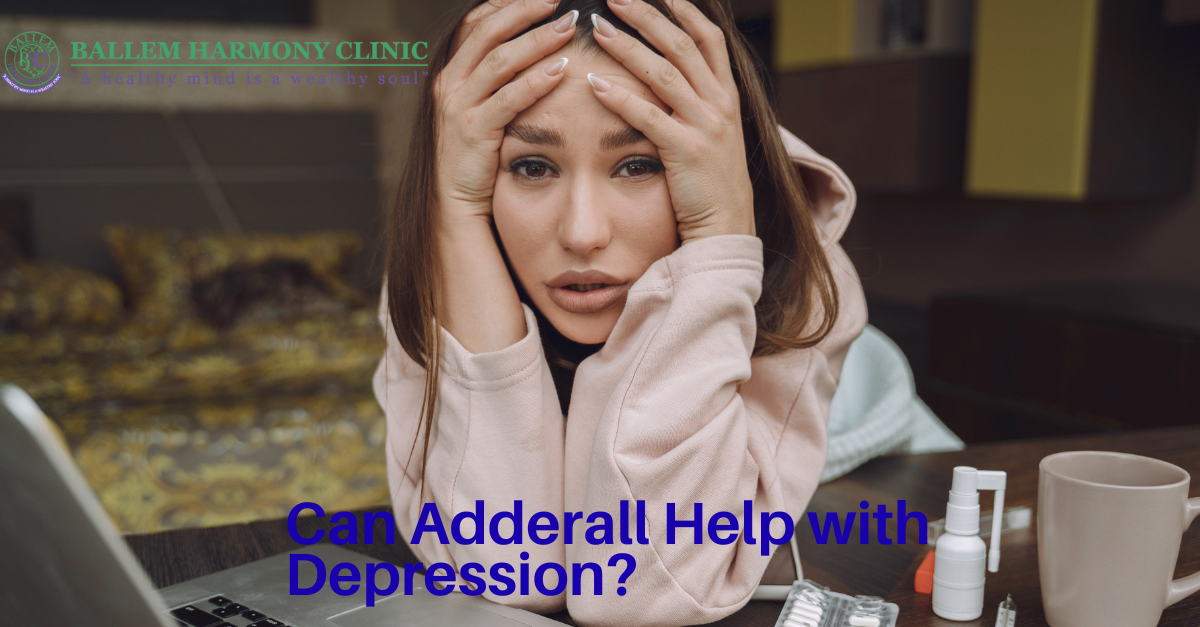
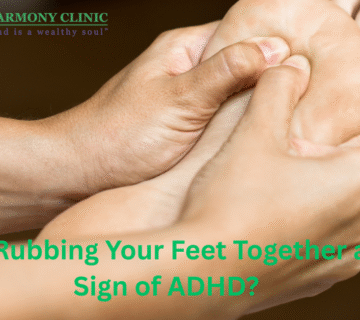
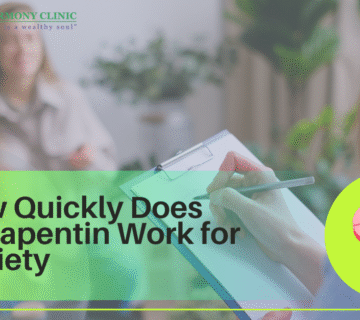
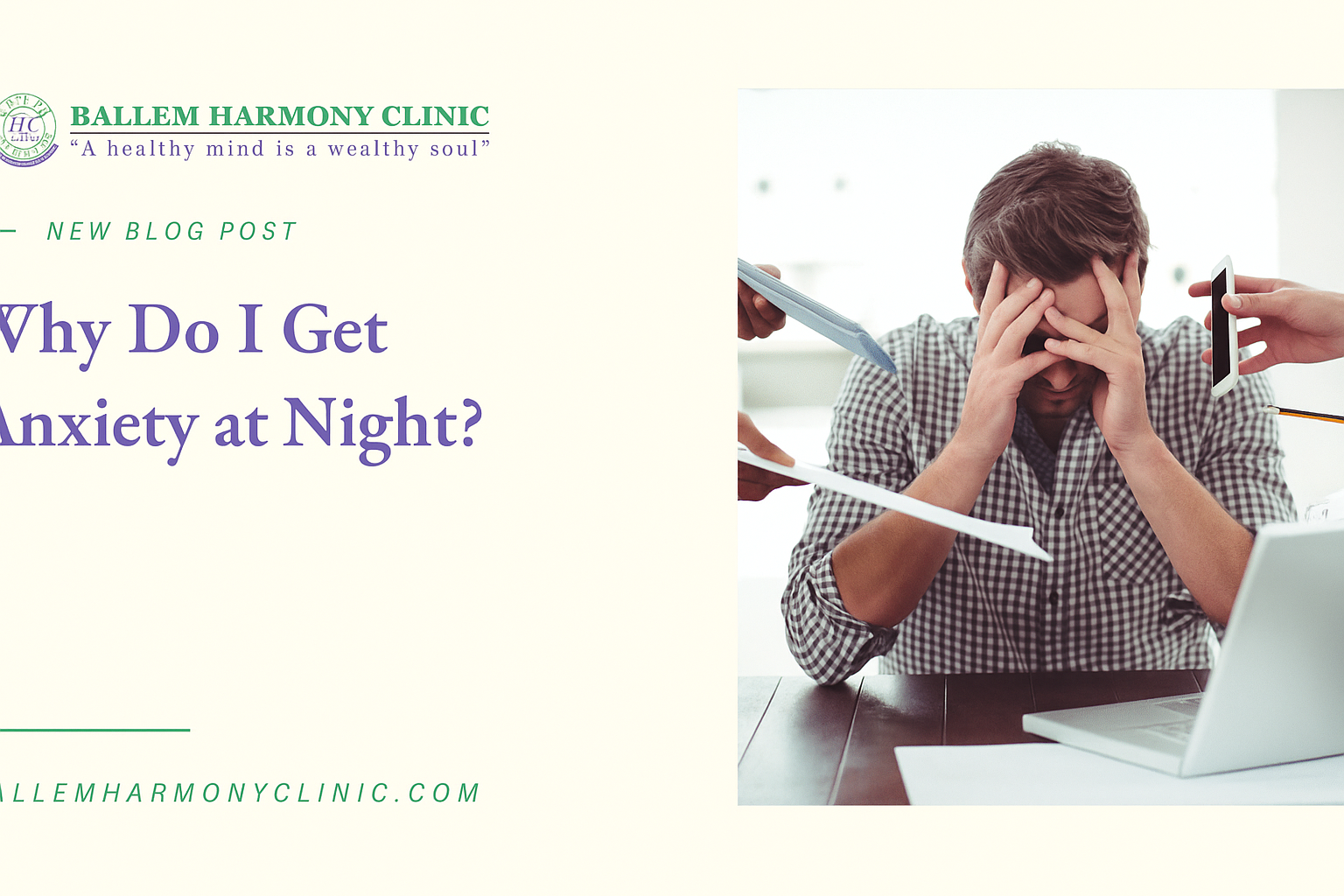
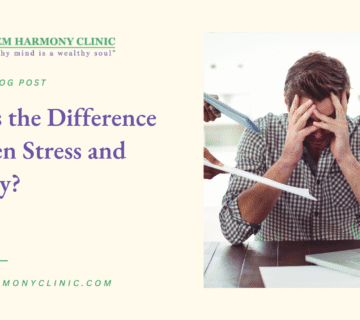

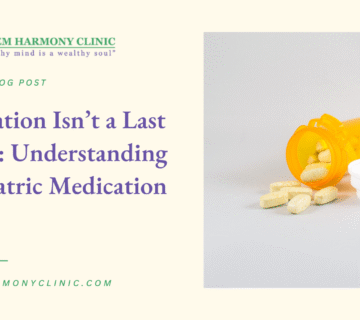
No comment